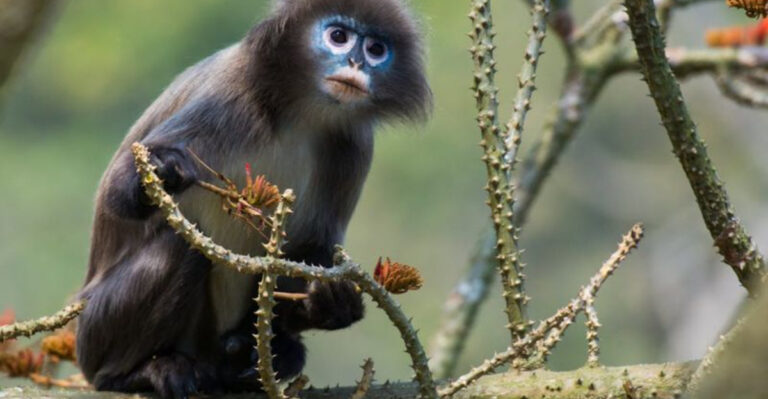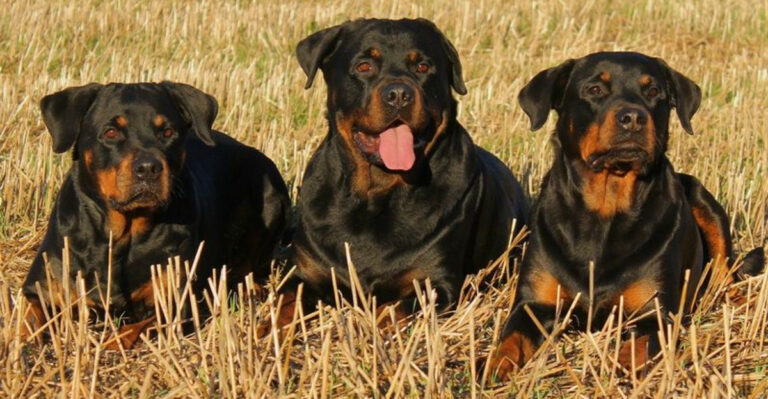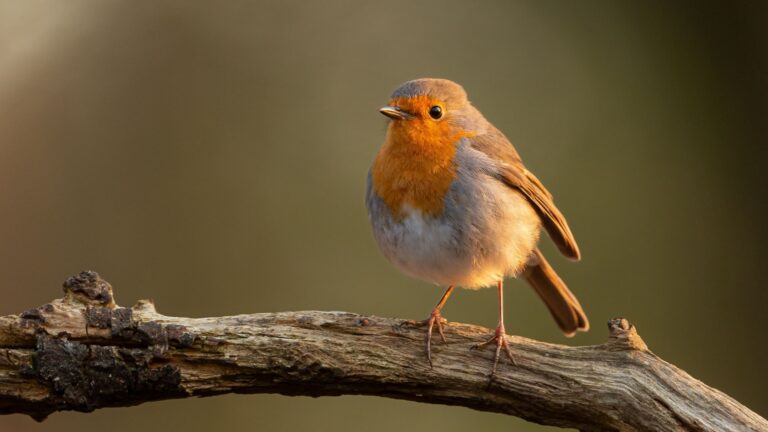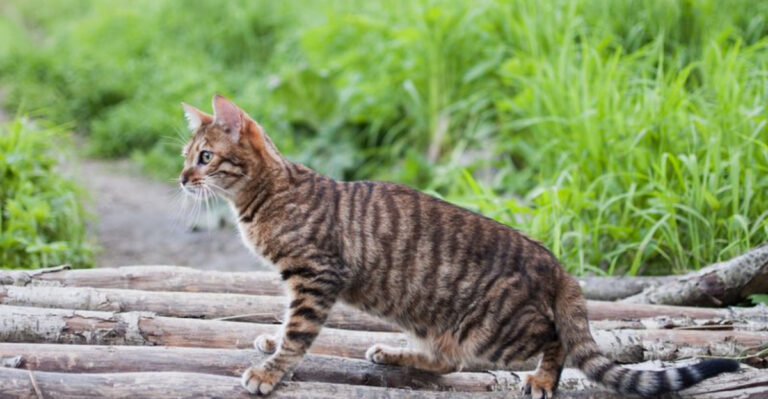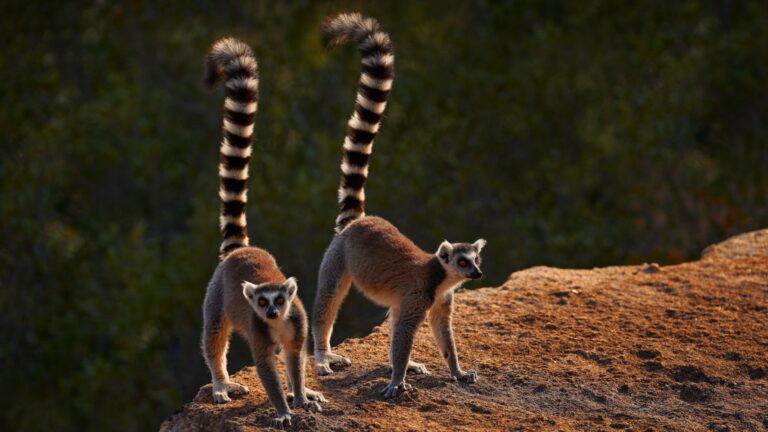10 Must-Have Birds For Your Farm (And 5 You Might Regret Choosing)
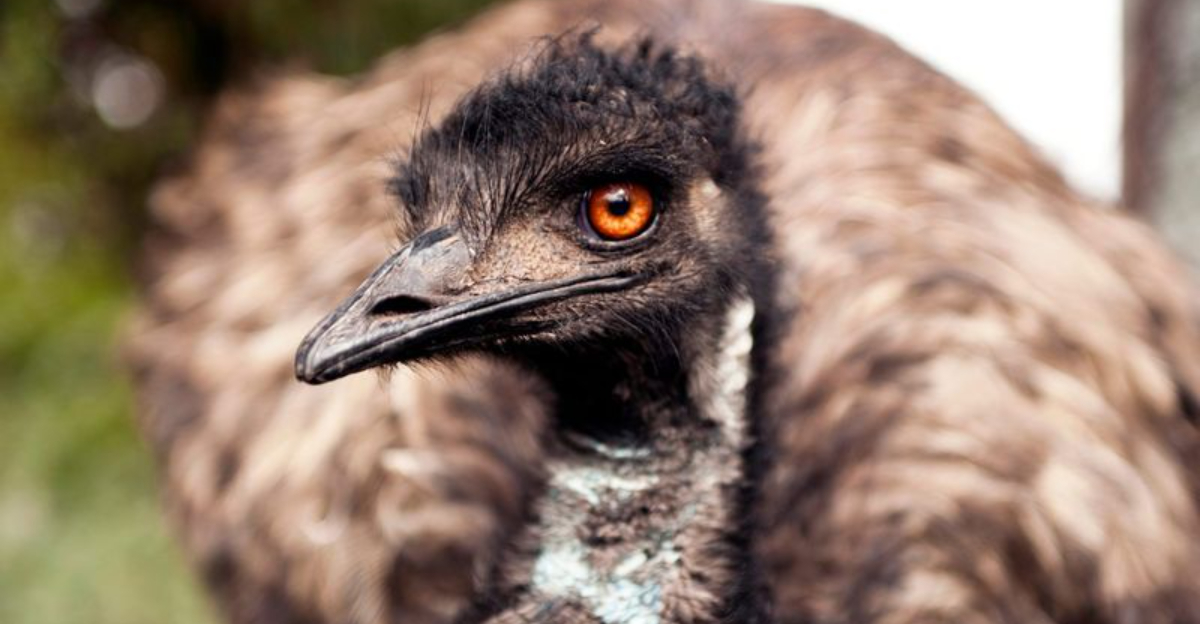
Feathered friends can transform your farm from a simple homestead into a thriving ecosystem. The right birds bring natural pest control, fresh eggs, and even companionship to your agricultural adventure. However, not every winged wonder belongs in your farmyard family.
Let’s explore which birds deserve a spot on your land and which might leave you with buyer’s remorse.
1. Egg-laying Champions: Rhode Island Reds
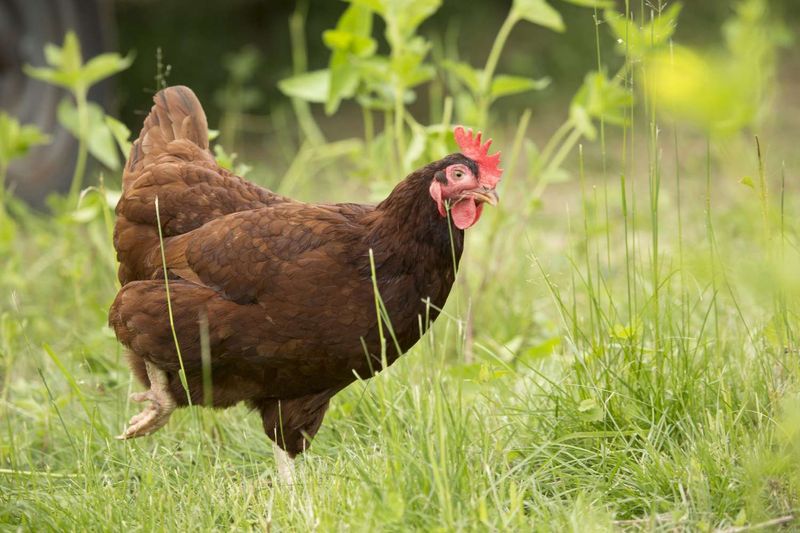
Like clockwork on four legs, these rusty-feathered powerhouses deliver nearly an egg per day throughout their prime. Their resilient constitution means less fussing with medications or special care.
Farm veterans prize these birds for their practical temperament – not too flighty, not too aggressive. They’ll happily convert kitchen scraps and foraged insects into protein-packed breakfast ingredients with remarkable efficiency.
2. Nature’s Pest Patrol: Muscovy Ducks
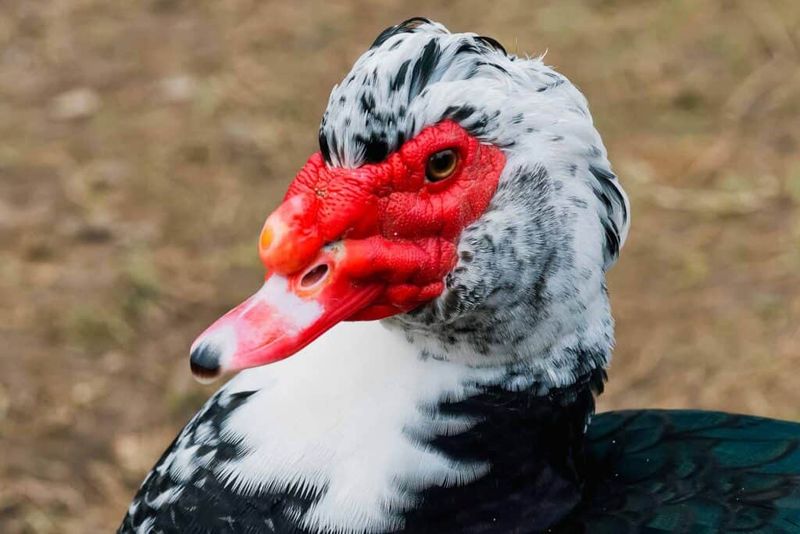
Silent warriors against the bug brigade, Muscovy ducks patrol your property with military precision. Unlike their quacking cousins, these whispery waterfowl hunt flies, mosquitoes, and even small rodents with remarkable efficiency.
Their self-sufficient nature means less feed from your pocket. Muscovies thrive on foraged food and require minimal housing – just a simple shelter from predators will keep these low-maintenance helpers happy.
3. Lawn Mowers With Feathers: Geese

Mother Nature’s groundskeepers trim grass with precision that would make professional landscapers jealous. These honking herbivores maintain pastures and orchards while fertilizing as they go.
Beyond their landscaping talents, geese serve as natural alarm systems, alerting you to visitors – welcome or otherwise. Their territorial nature provides security without monthly monitoring fees, though their loud personalities might test neighbors’ patience.
4. Versatile Farmhands: Khaki Campbell Ducks
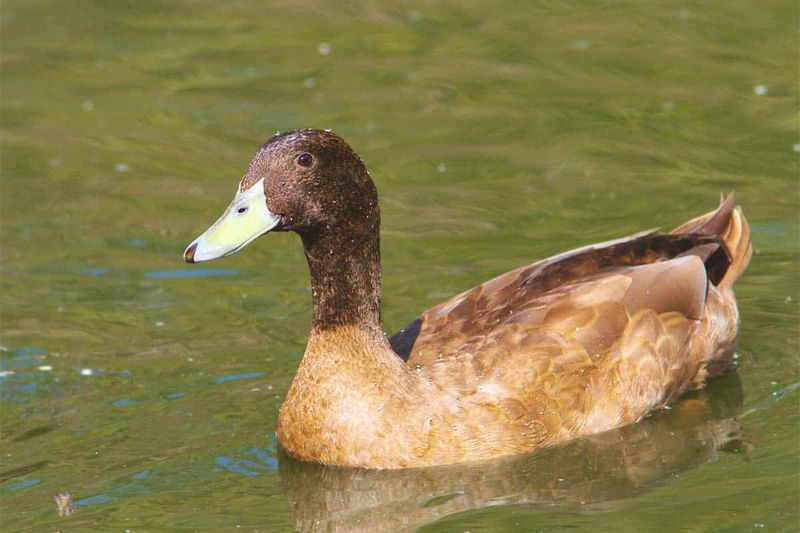
Known for exceptional egg production, these tan-feathered dynamos lay over 300 nutrient-rich eggs each year, perfect for baking. Rich, creamy, and packed with nutrition, their eggs often surpass chicken eggs in both flavor and quality.
Hardy and weather-resistant, Khaki Campbells thrive in wet climates and are ideal for small farms or families with kids.
5. Homestead Guardians: Guinea Fowl
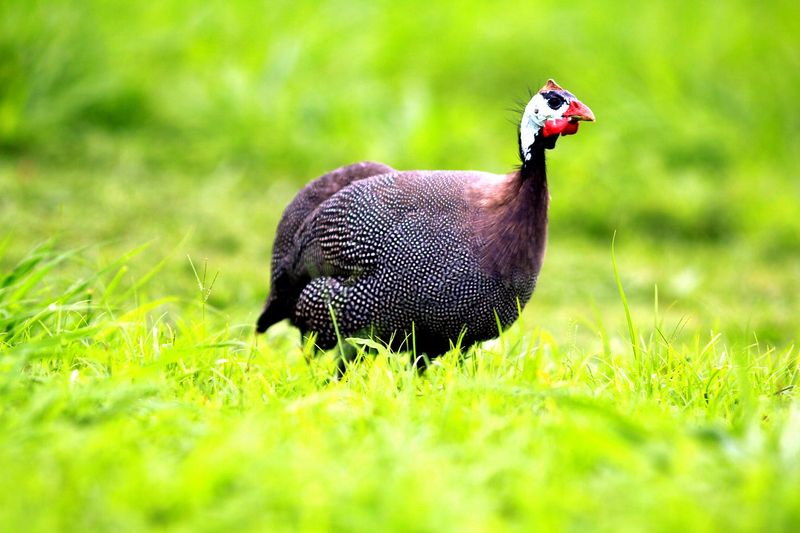
Walking security systems with spotted feathers, guinea fowl announce every unusual movement on your property. Their distinctive alarm calls differentiate between ground predators, aerial threats, and human visitors.
Tick terminators by trade, these birds methodically clear your land of disease-carrying parasites. Their constant foraging reduces Lyme disease risk for your family and livestock, making them health protectors disguised as quirky, helmet-headed birds.
6. Heritage Preservers: Bourbon Red Turkeys
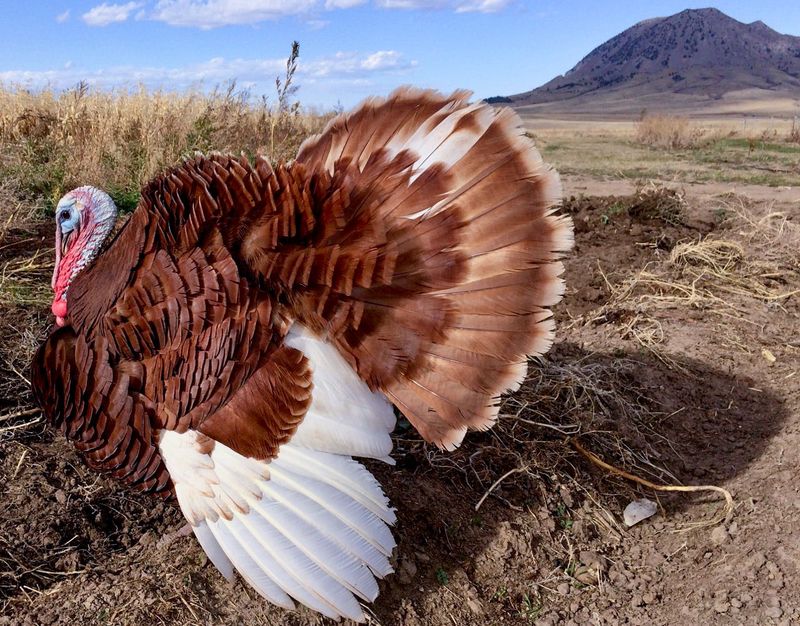
Walking history books with mahogany feathers, Bourbon Reds bring a touch of tradition to any farm. Rich, flavorful meat from these active foragers is highly valued at local markets.
With toms averaging 23 pounds and hens 14, they’re well-suited for small farms without needing large-scale facilities.
7. Winter Warriors: Plymouth Rock Chickens
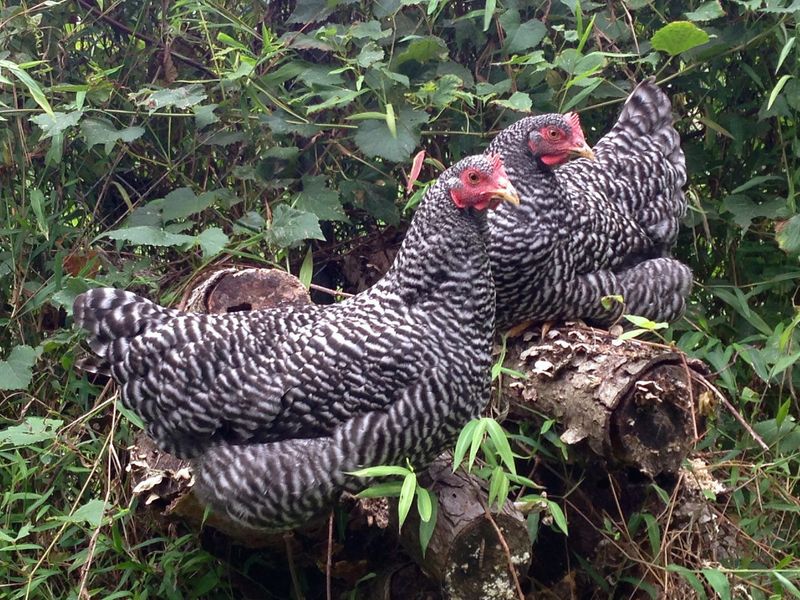
Cold-weather champions with distinctive barred patterns keep egg production going when other breeds take winter vacation. Their thick plumage shields against freezing temperatures while their hardy constitution resists common poultry ailments.
Friendly enough for children to handle yet productive enough for serious farmers, these birds balance personality with practicality.
8. Efficient Farm Helpers: Cornish Cross Chickens
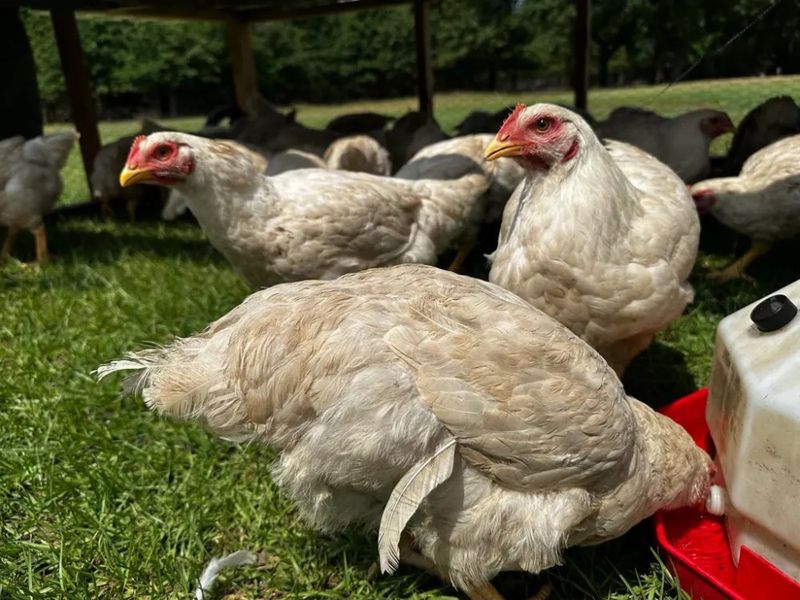
Cornish Cross chickens grow rapidly and efficiently, making them ideal for farms focused on productivity. Their calm nature and predictable behavior simplify daily care and handling.
Because they reach maturity quickly, they require less long-term feed compared to other breeds. For those looking to maintain a sustainable and resource-smart operation, these birds are a dependable choice.
9. Organic Orchard Allies: Bantam Chickens
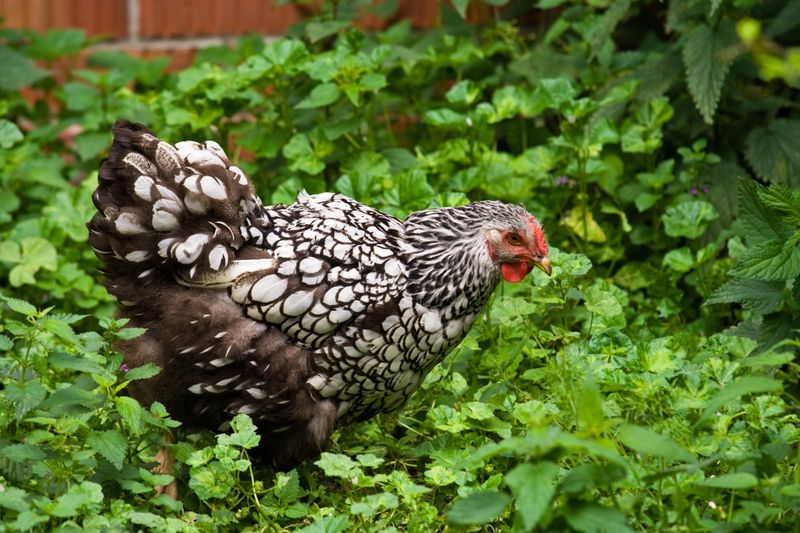
Miniature orchard birds excel at pest control without disturbing delicate root systems. Lightweight and agile, they clean up fallen fruit and insects with ease.
Compact, charming, and efficient, they thrive in small spaces while offering both personality and petite eggs.
10. Permaculture Partners: Indian Runner Ducks
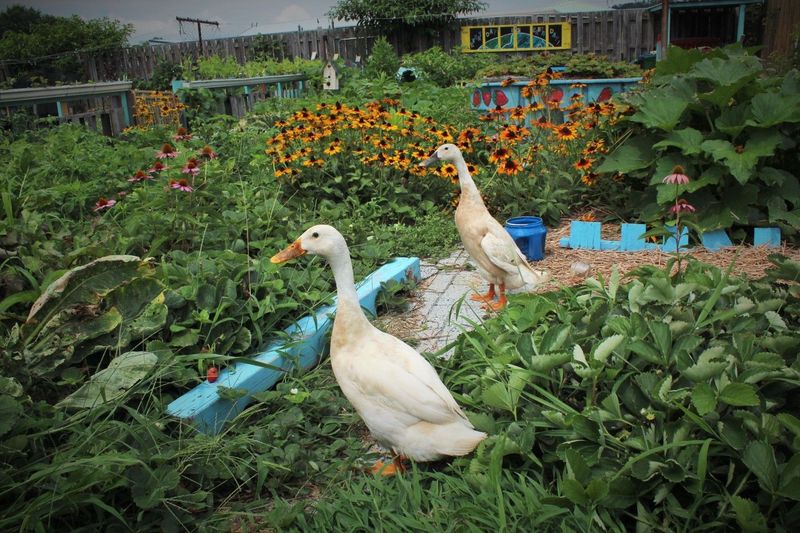
Upright wine-bottle shaped foragers move with comedic penguin-like posture through garden rows. Their narrow bodies navigate between plants without damaging stems or leaves while they hunt for slugs and snails.
Unlike chickens that scratch destructively, Runners use their bills to precisely pluck pests. Their excellent egg production – often exceeding 300 annually – makes them dual-purpose helpers in sustainable garden systems.
11. Noise Pollution: Peacocks
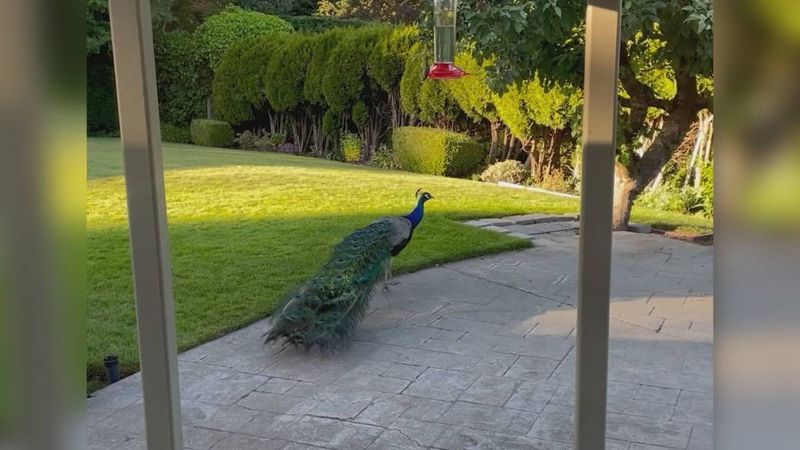
Breathtaking plumage comes with a soundtrack that resembles a child screaming for help. These living alarm clocks vocalize throughout the night, testing relationships with neighbors and your own sleep patterns.
Beyond their disruptive calls, peacocks develop destructive habits – scratching vehicles, shredding garden plants, and leaving droppings on porches. Their territorial nature makes them aggressive toward visitors, creating liability concerns for farm-stay operations.
12. Resource Drains: Swans
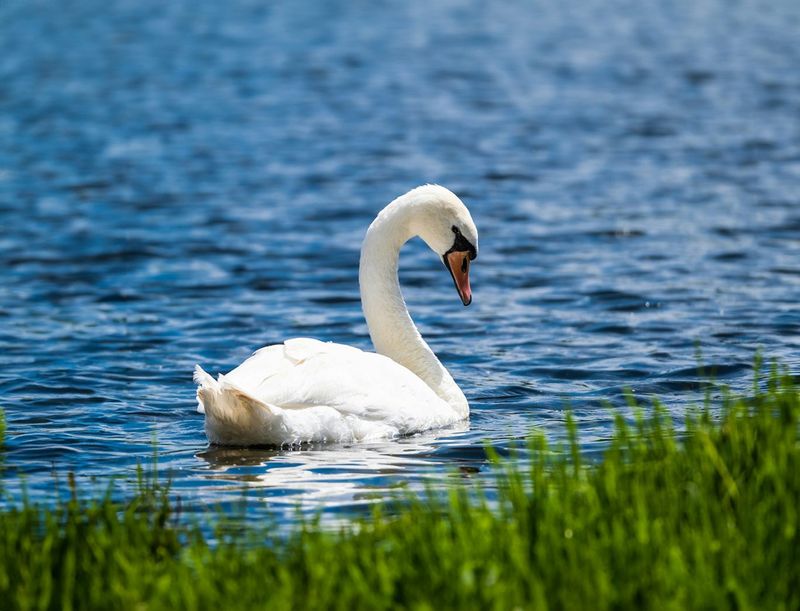
Fairy tale elegance comes at a cost with these demanding birds. Clean, well-maintained ponds are a must, making them a challenge for modest farms.
During breeding season, aggression spikes – and those striking wings can pose real danger to visitors.
13. Space Hogs: Ostriches
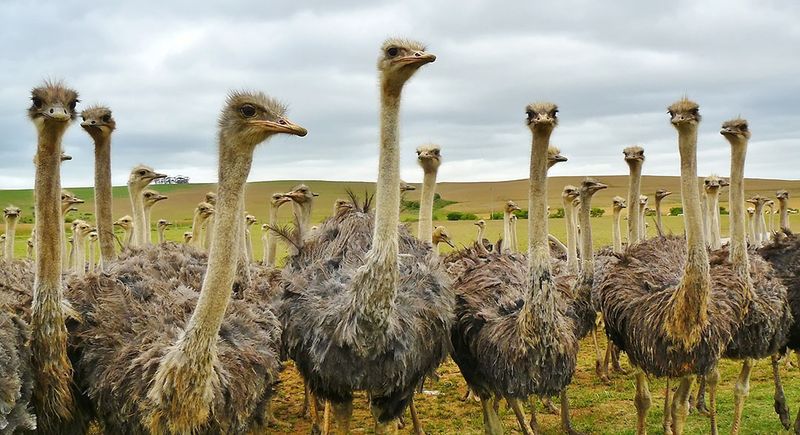
Skyscraper birds with dinosaur feet demand massive enclosures reinforced like Fort Knox. Their powerful kicks can literally kill predators – or farmers who make handling mistakes.
Specialized equipment requirements strain farm budgets, from custom trailers to reinforced handling chutes. Processing these giants requires facilities most small farms lack, creating logistical nightmares when market time arrives.
14. Budget Busters: Emus
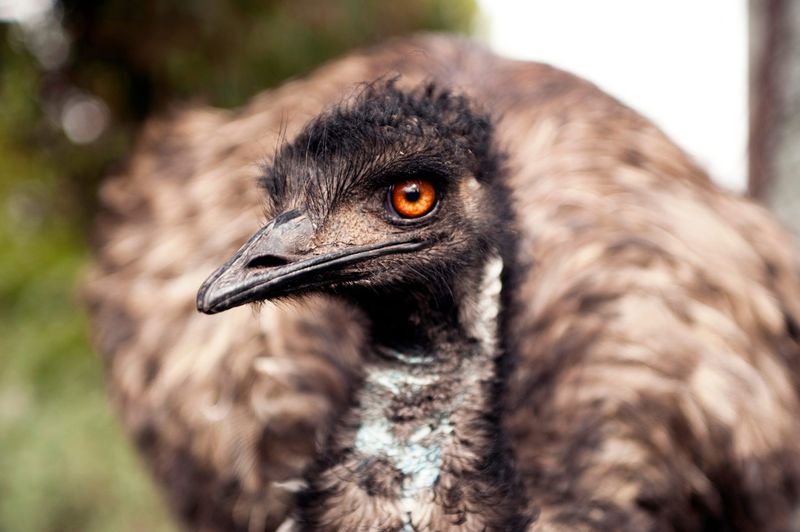
Prehistoric-looking birds with appetites that devastate feed budgets. These flightless giants consume expensive rationed feed while providing eggs and meat that many traditional markets don’t readily accept.
Specialized fencing requirements strain farm infrastructure budgets. Their powerful legs and curious nature lead to escaped emus – creating community chaos and potential liability when they inevitably venture onto roads or neighboring properties.
15. Temperamental Troublemakers: Egyptian Geese
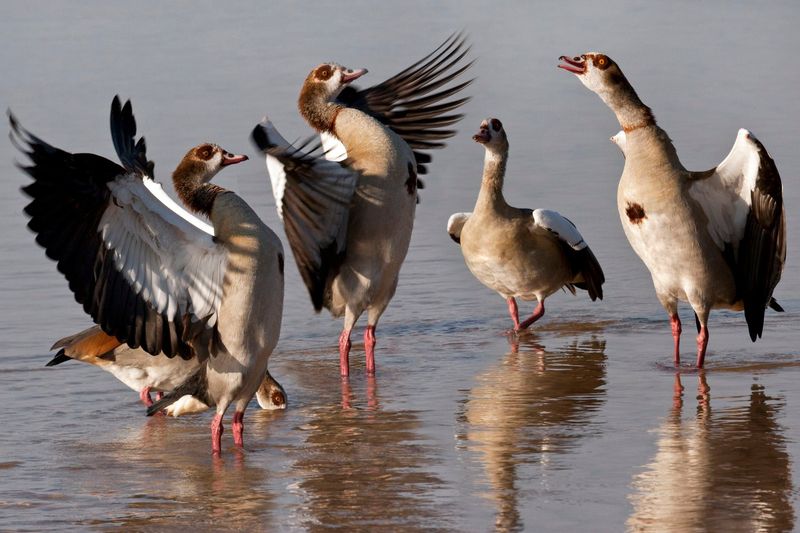
Deceptively beautiful birds harbor aggressive personalities that terrorize other livestock. Their territorial behavior extends beyond breeding season, creating year-round management headaches for diversified farms.
Escape artists by nature, these birds frequently fly to neighboring properties. Their distinctive calls carry for miles, creating noise complaints from neighbors who didn’t sign up for your farm adventure.

